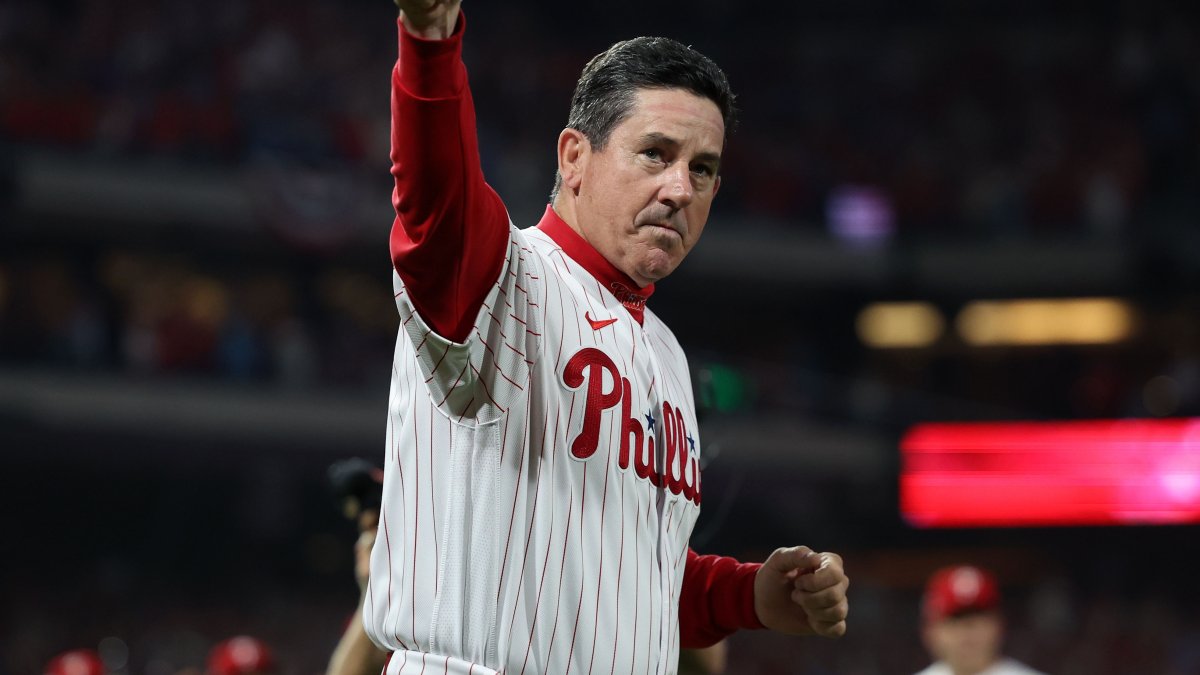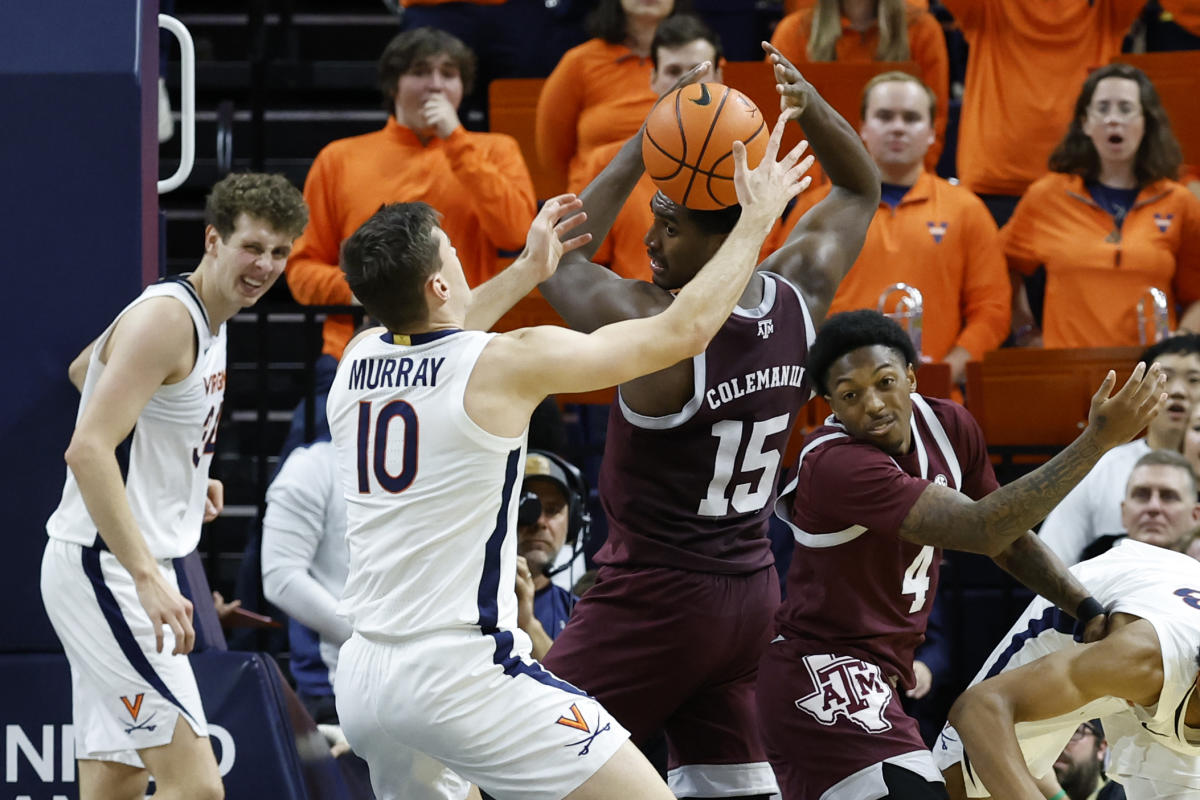Remembering Bobby Charlton: The Greatest Player in English Football History
During an event 15 years ago, two elderly men, dressed for the occasion, stood side by side. While one was noticeably more intelligent and polished, the family resemblance was undeniable. The older of the two, with a more formal demeanor, referred to the other as “Our Kid.” He held back tears as he proclaimed, “Bobby Charlton is the greatest player I’ve ever seen. He’s my brother.”
This touching moment took place when Jack Charlton presented his younger brother, Bobby, with the Lifetime Achievement Award at the BBC Sports Personality of the Year award. Sadly, Bobby passed away at the age of 86, just three years after Jack’s death.
The Charlton brothers were not only different in personality but also in playing style. Jack, known for his humor and outspokenness, was a man of the people. On the other hand, Bobby possessed a quiet dignity that gave him an air of statesmanship. While their relationship wasn’t always close, their accomplishments will be forever remembered.
In the history of men’s football World Cups, only two sets of brothers have proudly lifted the prestigious trophy. The first was Fritz and Ottmar Walter for West Germany in 1954, and the second was Bobby and Jack Charlton who triumphed over West Germany in 1966. This year remains the most famous in English football history and at its core was Bobby Charlton.
Bobby Charlton was not only named the 1966 FWA Footballer of the Year and winner of the Ballon d’Or, but he was also recognized by France Football as the best player in the World Cup – this was before FIFA had an official award. The accolades continued to pour in, with Gary Lineker, who came close to breaking Charlton’s record, calling him England’s greatest ever player and Gary Neville, another Manchester United captain, stating that he was the greatest English player of all time.
It is worth noting that being the greatest player and the greatest English player are not always synonymous. However, Bobby Charlton managed to be both. Perhaps the only other player who can challenge his title as the finest England has ever seen is the immortal Bobby Moore, the captain of the 1966 team.
Charlton’s international career saw him become only the second English footballer, and third overall, to reach 100 caps. He ended his legendary journey with a world record-setting 106th cap in the 1970 quarter-final against West Germany. His career spanned several eras – from playing alongside Tom Finney after World War II to sharing the field with Emlyn Hughes in the 1980s – but it was during that glorious period that he left an indelible mark. Long before Frank Skinner and David Baddiel’s iconic anthem, Charlton brought football home.
Even without the concept of expected goals, Charlton scored goals that defied statistical probability. One such example was his opening goal against Mexico in the 1966 World Cup – a strike from such a distance that it seemed unlikely to go in. However, Charlton’s reputation for striking the ball with ferocious power with either foot made the impossible seem possible. While his strike partner Gary Lineker’s goals often came from close range, Charlton was known for his spectacular long-range efforts.
Despite his prowess in front of goal, Charlton was not primarily a striker. He started as a left winger in his early days and later became the focal point of the attacking midfield in Sir Alf Ramsey’s “Wingless Wonders” formation. It was a tactical shift towards modernity that Ramsey brought, and while England’s World Cup victory had its pragmatic elements, Charlton added an artistic touch. The semi-final against Portugal in 1966 showcased his ability to perform on the biggest stages, a feat he repeated with a double against Benfica in the 1968 European Cup final.
One of the most emotional moments for Charlton came during the 1966 World Cup final when he was assigned to mark the legendary Franz Beckenbauer. This marking duty was repeated in the 1970 quarter-final, leading to England’s demise after Charlton was substituted with 20 minutes remaining. Grief over his withdrawal caused a lapse in concentration, and England ultimately lost 3-2. As Charlton reflected on the plane journey back from Mexico, he realized his England career, like that of his brother Jack, had come to an end.
Charlton’s career could have been even more remarkable. If it weren’t for the brilliance of Garrincha, he believed England could have won the 1962 quarter-final against Brazil and the tournament as a whole. Charlton represented England in four World Cups, with his debut coming just a few months after the tragic Munich air disaster in 1958. His spot in the starting eleven was lost due to a poor performance in his third cap, which happened to take place in Belgrade, the city where the Busby Babes played their final match before the disaster. If Duncan Edwards, Roger Byrne, Tommy Taylor, and Eddie Colman had survived, England might have experienced success sooner and more frequently.
Nevertheless, it was Bobby Charlton who became the face of English football and the embodiment of a bygone era. As the last survivor among the players involved in the Munich air disaster, it seemed fitting that he carried a great responsibility. Similarly, Geoff Hurst, the hero of the 1966 World Cup final, is now the last of Sir Alf Ramsey’s chosen 11. He is forever tasked with paying tribute to his fallen comrades. Bobby Charlton, the greatest player Jack ever saw and the greatest to don the Three Lions on his shirt, elevated England to the pinnacle of the global game.

Michael Johnson is your soccer guru, providing extensive coverage of soccer. With a global perspective, he delivers match reports, player interviews, and insights into the beautiful game, ensuring readers stay connected to the world of soccer.




:no_upscale()/cdn.vox-cdn.com/uploads/chorus_image/image/72931262/usa_today_21973134.0.jpg)


